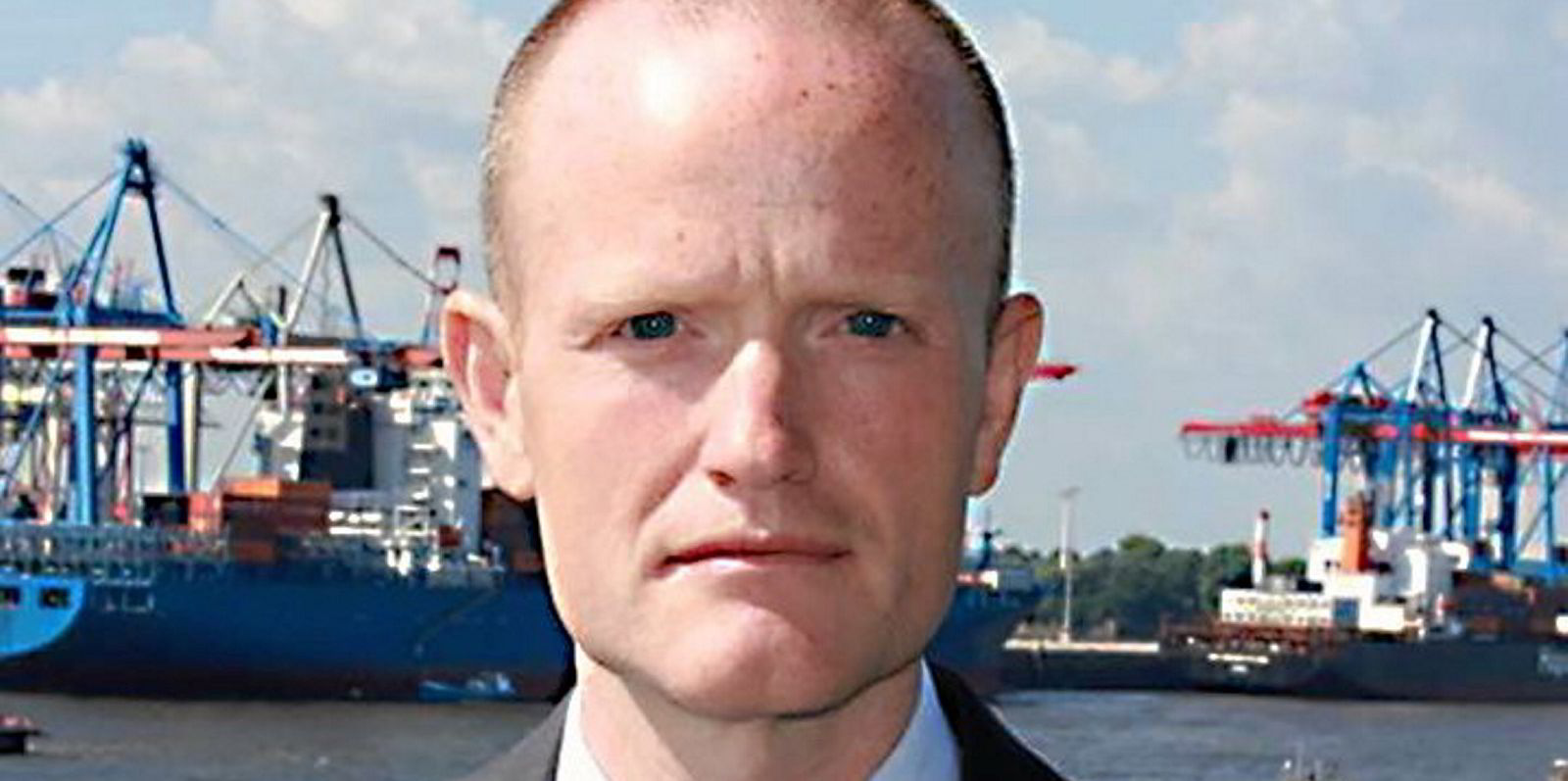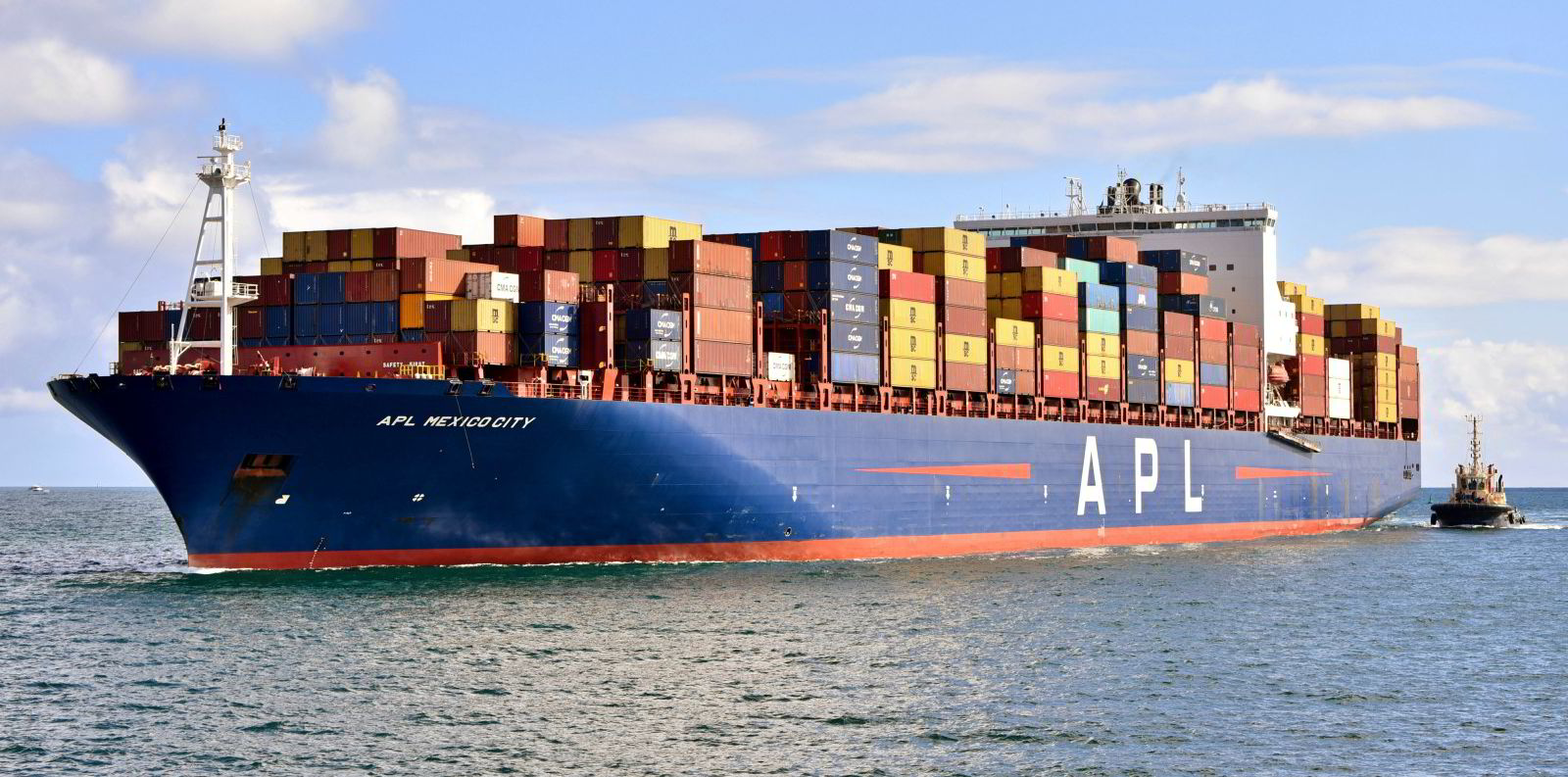Hapag-Lloyd has clinched an LNG bunkering deal with Shell for its massive new container ships.
The German line said Shell Western LNG will provide fuel at the port of Rotterdam from the second half of 2023, in a “multi-year” deal.
Hapag-Lloyd is taking delivery of a dozen 23,500-teu container ships from Daewoo Shipbuilding & Marine Engineering in South Korea into 2024.
They will be deployed on Europe to Asia routes, calling in Rotterdam, Hamburg, Singapore and Shanghai.
The line said using LNG enables it to immediately reduce the CO2 intensity of the units by up to 23% compared with conventional fuels.
Shell has already achieved more than 1,000 safe ship-to-ship LNG bunkering operations to customers.
The two groups have also entered into a strategic collaboration agreement to accelerate the decarbonisation of alternative fuels.
“Initial focus will be given to developing the potential of additional low-carbon fuels solutions including liquefied biomethane and the hydrogen-based fuel liquefied e-methane,” Hapag-Lloyd said.
Liquefied biomethane has the potential to reduce greenhouse gas emissions by between 65% and 100%, it added.
Tahir Faruqui, head of downstream LNG at Shell, said: “Shipping decarbonisation must accelerate and, as the lowest-carbon fuel available at scale today, LNG is a key part of the transition to lower-carbon marine fuels.”
Jan Christensen, senior director of global fuel purchasing at Hapag-Lloyd, said the deal secures flexible supply on competitive terms.
“Furthermore, we are excited about our agreement with Shell to explore further decarbonisation opportunities, as it allows both businesses to drive impactful change in the industry,” he added.
Hapag-Lloyd is exploring options for the use of ammonia as a fuel in Europe and the US.
It signed a deal with German producer Mabanaft to examine bunkering in Hamburg and Houston.
The companies want to assess the viability of safely handling green ammonia.
Hapag-Lloyd has not taken the plunge on either ammonia or methanol as a future fuel so far, unlike rival AP Moller-Maersk, which is buying up green methanol supplies globally.




